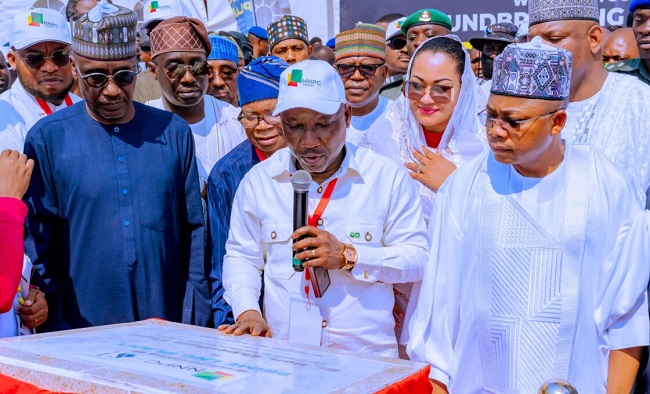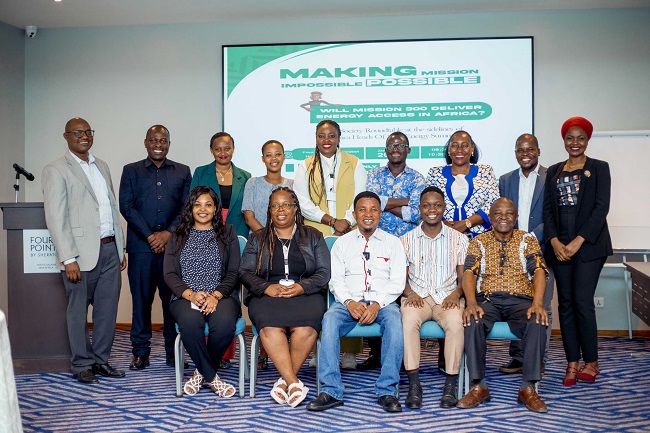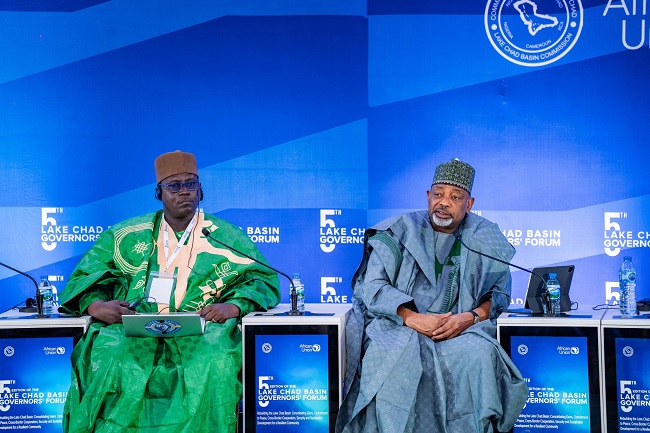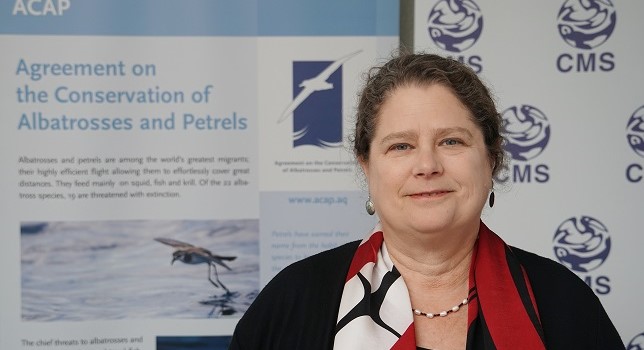The Federal Government on Thursday, January 30, 2025, began the construction of five Mini Liquefied Natural Gas (LNG) Plants in Ajaokuta, Kogi State.

The plants are to facilitate rapid access to gas to deepen its utilisation among Nigerians.
The plants are being developed by the Nigerian National Petroleum Company Limited (NNPC Ltd.) in partnership with PRIME LNG, NGML/Gasnexus LNG, BUA LNG, Highland LNG and LNG Arete.
The project will be constructed on 33,000 hectares of land, with combined capacity of 97.5 million standard cubic feet of gas per day, and a 500 million dollars investment.
The project is a multifaceted virtual pipeline development, in line with the “Decade of Gas” agenda.
They will produce Condensate, Liquified Natural Gas, Liquefied Petroleum Gas (LPG), Compressed Natural Gas (CNG), and to increase gas availability.
At the groundbreaking of the plants, Mr Ekperikpe Ekpo, Minister of State Petroleum Resources (Gas), said the project was to deepen the utilisation of Nigeria’s abundant natural gas resources.
Ekpo said he was confident in the NNPC Ltd.’s promise to deliver the project on schedule.
He commended the state government for its pledge to provide adequate security to facilitate its execution.
He described the natural gas as a veritable vehicle for accelerating Nigeria’s industrialisation, economic prosperity, and working to achieve the Nation’s commitments to a just and equitable energy transition.
“I commend the outstanding efforts of the NNPC Ltd. and its partners, who worked round the clock to achieve this milestone, as we look forward to a smooth and safe project delivery of all five plants.
“The Ministry stands with the NNPC Ltd. and partners, to support initiatives that align with the goals of harnessing Nigeria’s abundant gas resources for economic development and reduction of carbon footprint,” he said.
In his address, Malam Mele Kyari, Group Chief Executive Officer, NNPC Ltd., said the project has strategic location and proximity to the Northern market.
He said it would deliver a cost-effective, long-term and reliable natural gas solution to industrial and commercial customers.
Kyari said the NNPC Ltd. was committed to delivering the project, which would utilise domestic gas reserves and reduce reliance on polluting fuels.
In his remarks, Gov. Ahmed Ododo of Kogi said the project was a collective commitment towards embracing cleaner energy in the country for economic prosperity.
Ododo said the project aligned with the global effort to combat climate change, carbon emissions and achieve energy security.
“Economic benefits of this project cannot be overemphasised as it is setting the state for brighter and more prosperous future, leveraging cleaner energy future.
“We will ensure that both the investments and the investors are safe,” he said.
The governor, while stating that Kogi is blessed with abundant mineral resources and open for investments, expressed the readiness of the host communities to safeguard the massive investment.
Also speaking, Sen. Natasha Uduaghan, Chairman, Senate Committee on Local Content, appreciated President Bola Tinubu for passing the executive order for establishing the plant.
“Gas is the future. It is a new paradigm shift for the country because the Ajaokuta-Kaduna-Kano (AKK) Gas Pipeline Project will be completed in the second quarter of 2025,” she said.
Uduaghan said that the project would spur economic activities and revenue generation.
She also expressed optimism that the Ajaokuta steel company would resume production soon for enhanced economic growth.
The gas liquefaction project will create opportunities for gas commercialisation and supports the Federal Government’s flare down initiative.
It will also provide a flexible solution to increase gas penetration in remote locations where pipeline infrastructure does not exist.
By Emmanuella Anokam










